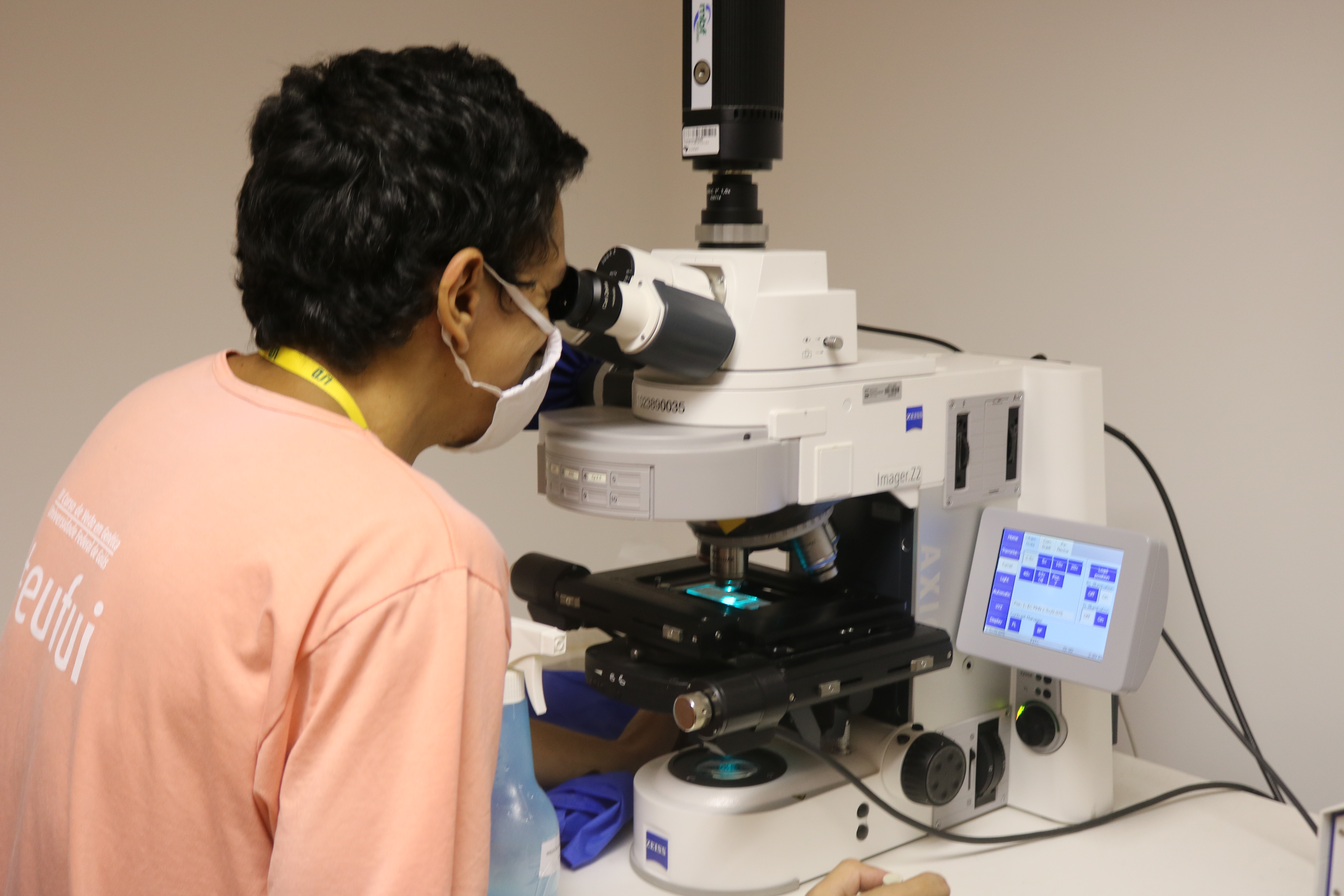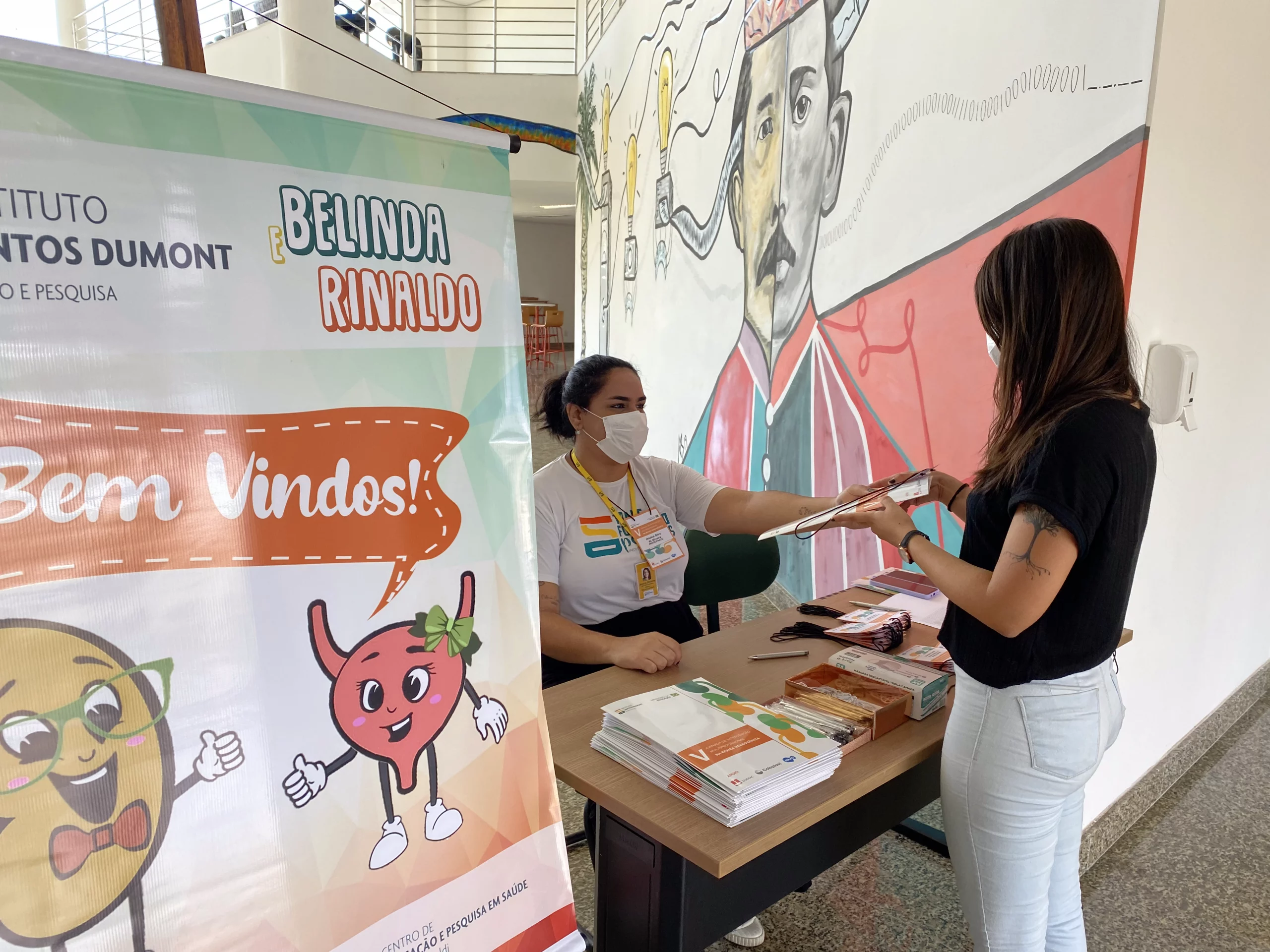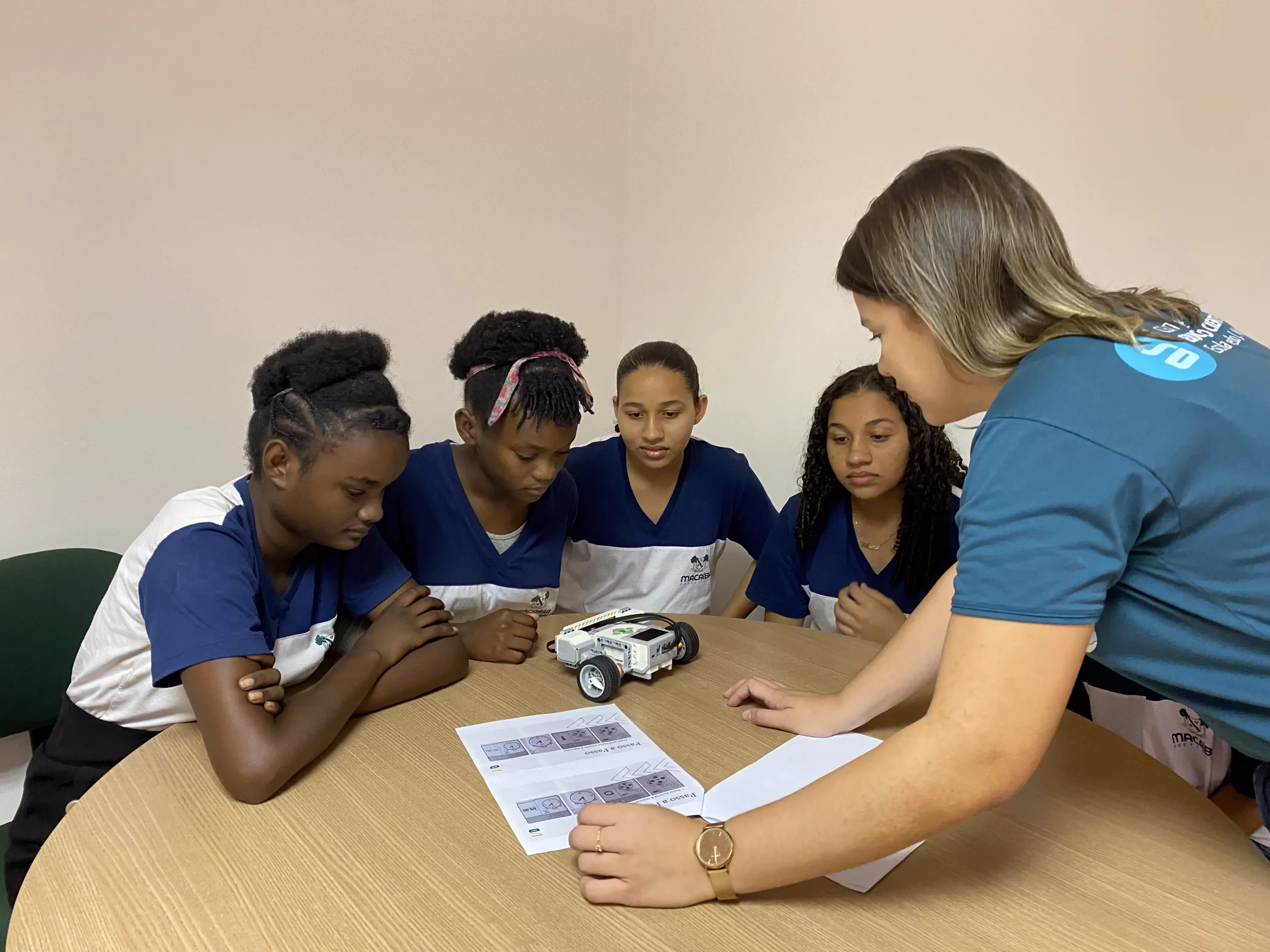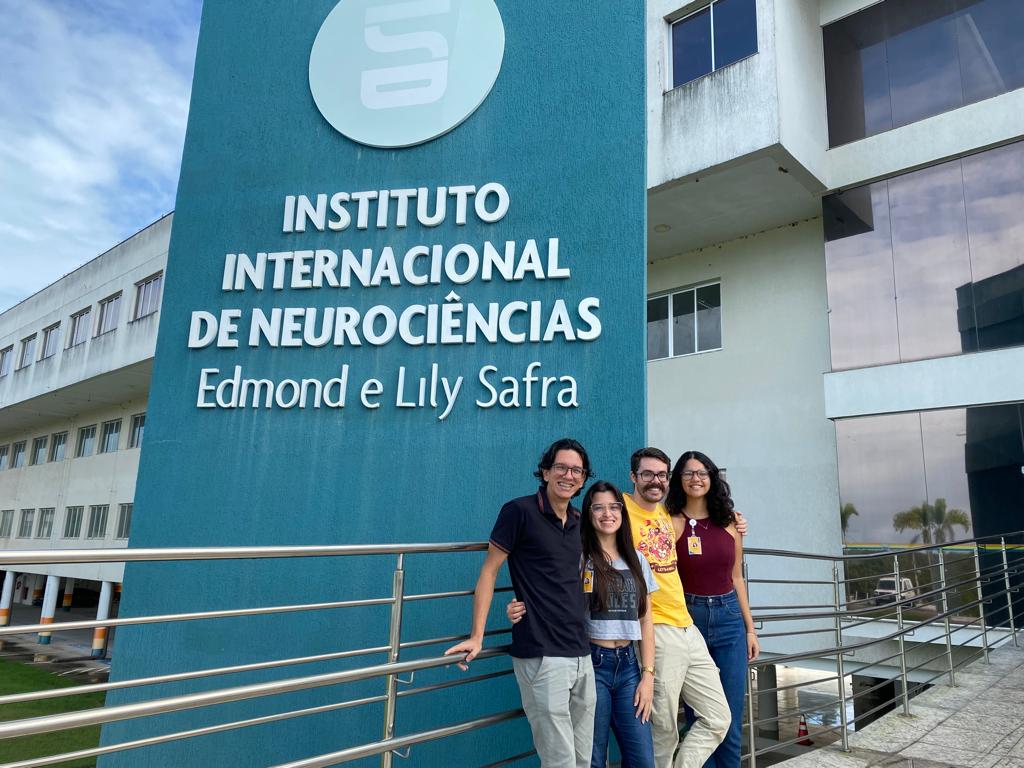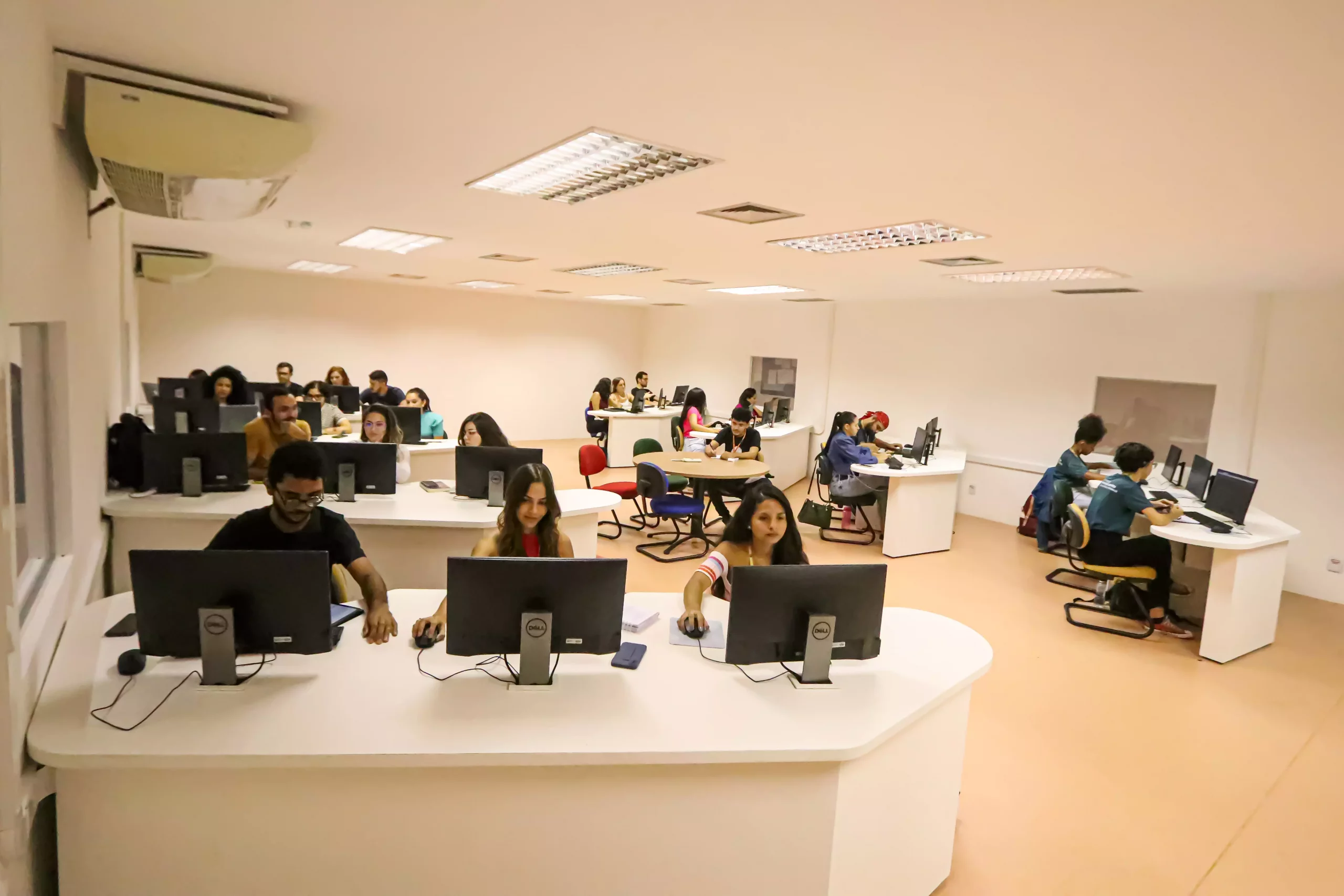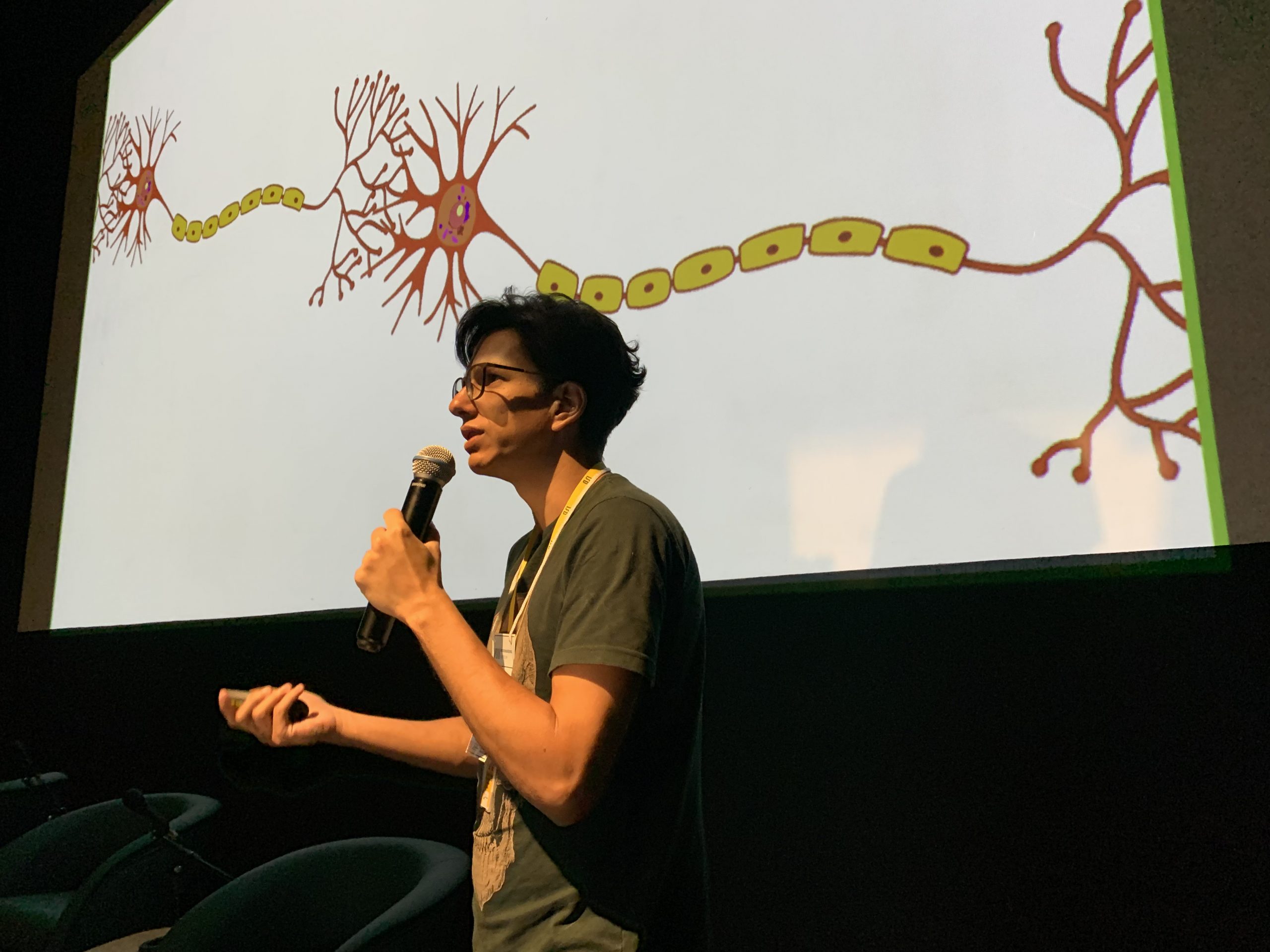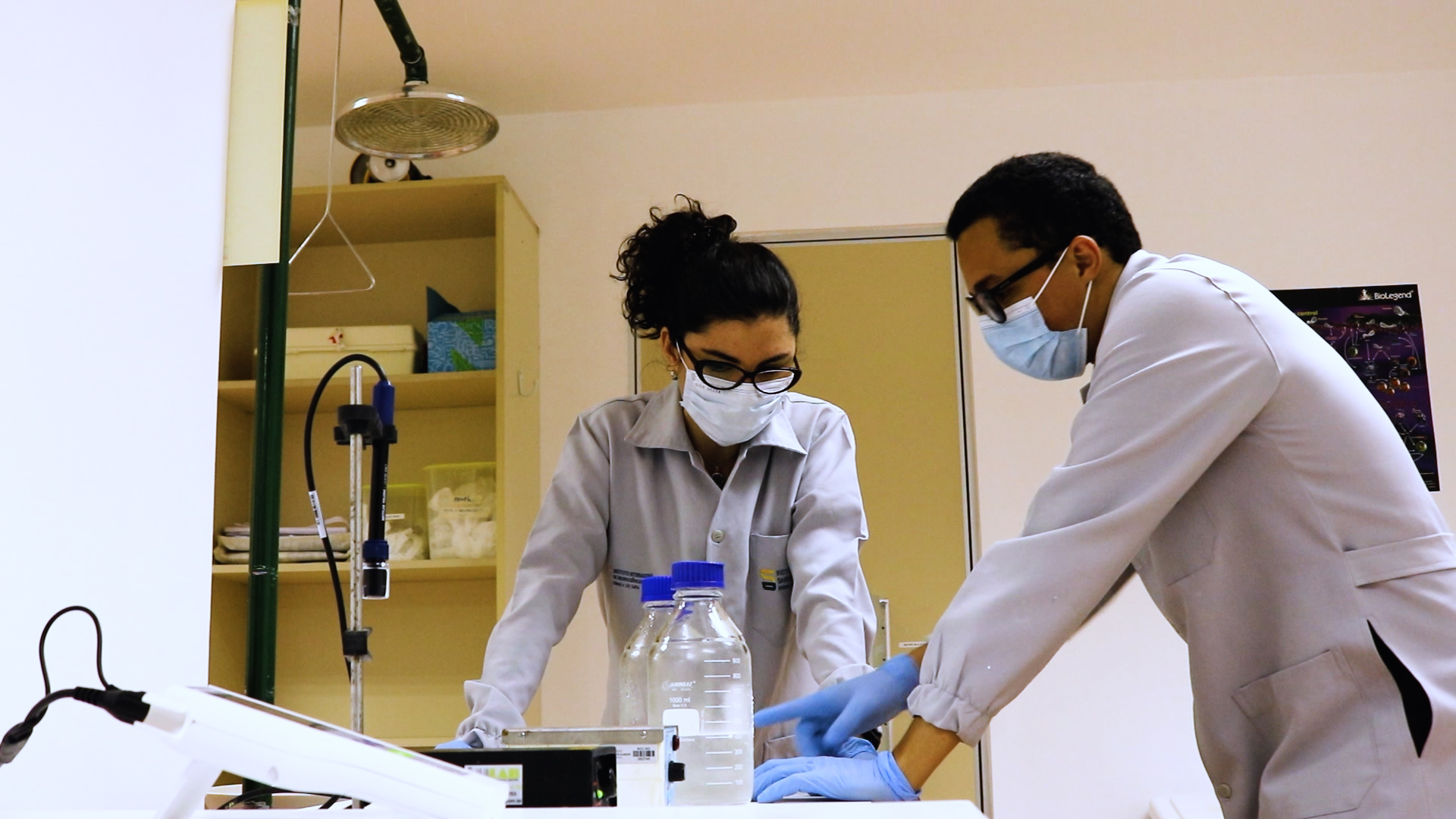The Graduate Program in Neuroengineering from the Santos Dumont Institute (ISD, as portuguese abbreviation), the first recognized by the Ministry of Education (MEC) in this field of knowledge in Brazil, will see an increase in the number of scholarships awarded to students in 2022. The Master’s students receive scholarships from the Coordination for the Improvement of Higher Education Personnel (Capes), through the Graduate Support Program for Private Education Institutions (PROSUP). The number of scholarships available in the program has grown from 5 to 7.
This increase is due to the change in criteria for granting scholarships and school fees for stricto sensu graduate programs, that is, those who graduate Master’s and Ph.D. students in the areas of knowledge in which they are inserted. Since 2020, the granting of scholarships or grants for the payment of educational fees within the scope of graduate promotion programs prioritizes in Brazil courses offered in municipalities with lower human development indices and with better results in postgraduate evaluation.
In ISD’s case, the fact that the teaching, research and extension activities of the Master’s degree take place at the International Institute of Neurosciences Edmond and Lily Safra (IIN-ELS), one of the Institute’s units located in the rural area of Macaíba (RN), was the main factor which contributed to the expansion in the number of grants.
Located in the Metropolitan Region of the city of Natal, capital of the state of Rio Grande do Norte, in the Northeast region of Brazil, Macaíba was for years one of the cities with one of the lowest Human Development Index (HDI) rates in Rio Grande do Norte, one of the factors that weighed on the decision to install the ISD in the region, with the goal of transforming this reality. In the 2000s, according to the Atlas of Human Development in Brazilian Metropolitan Regions, the Municipal Human Development Index (IDHM) of Macaíba was classified as “very low”. Ten years later, the municipality raised the category from “very low” to “low”. Part of the ISD’s mission is to contribute to raising this index even more through education, science and health care services offered to the population of the municipality
Scholarships
In the amount of R$ 1.500, the scholarships are an important tool to guarantee the permanence of students dedicated exclusively to graduate studies. This is the case of Master’s student Cláudio Júnior, a biomedic from Caruaru, a city located in the State of Pernambuco, who moved to Rio Grande do Norte with the sole objective of attending to the Master’s in Neuroengineering of the Santos Dumont Institute. “My reality, like the one of other students here, is of someone who came from anther city, another state, only to attend to the graduate program in Neuroengineering of the Institute. So, this scholarship support is of great importance for our stay here, since many of us don’t have the finantial support of parents, and the program requires a fair amount of dedication and attention”, he says. To keep the scholarship, students must dedicate themselves exclusively to postgraduate studies, and write biannual reports that prove their involvement with the institution’s research, teaching and extension activities.
Coordinator of the Master’s Program in Neuroengineering of ISD, professor-researcher Abner Rodrigues Neto highlights that the increase in the number of scholarships is welcome given the expansion observed in the number of candidates applying for the program in the past selections. “That was good for us because our demand is increasing over time. More than 10 students entered in the past few selections we’ve made. So, with the increase in registrations, it is important that there is also this attention to the scholarships. The increase in the HDI as a decisive factor for granting the scholarships was very important to us, since our program’s activities take place outside of the urban area, and one of our main objectives is to to make a social impact with the creation of technological solutions in Neuroengineering that can reach this population”, emphasizes the coordinator.
Text: Mariana Ceci / Ascom – ISD
Picture: Mariana Ceci / Ascom – ISD
Contact
comunicacao@isd.org.br
(84) 99416-1880


